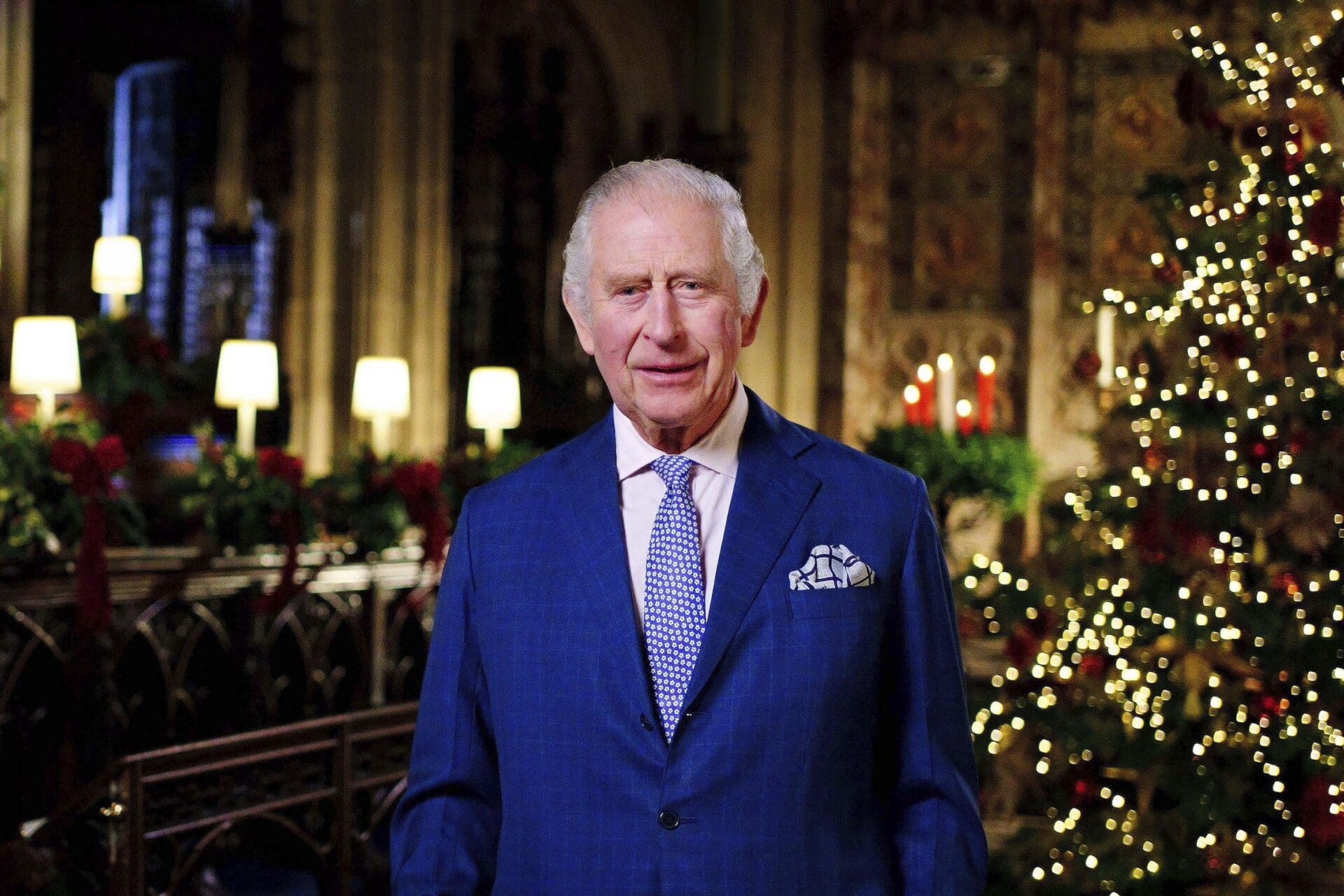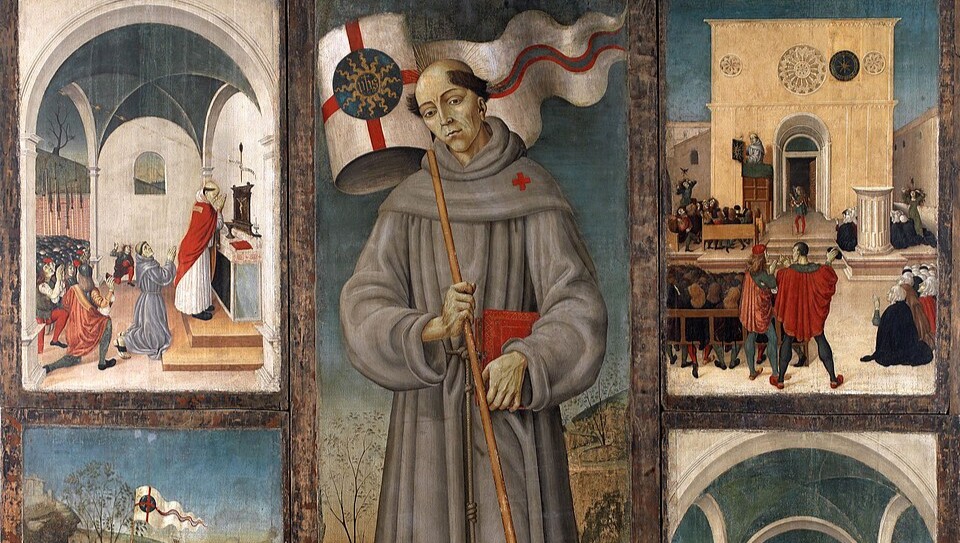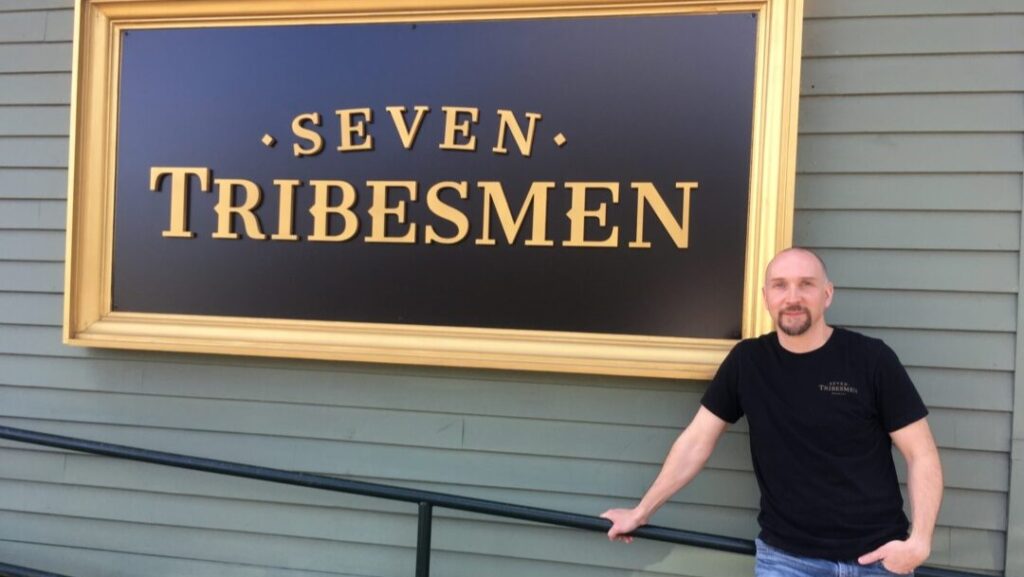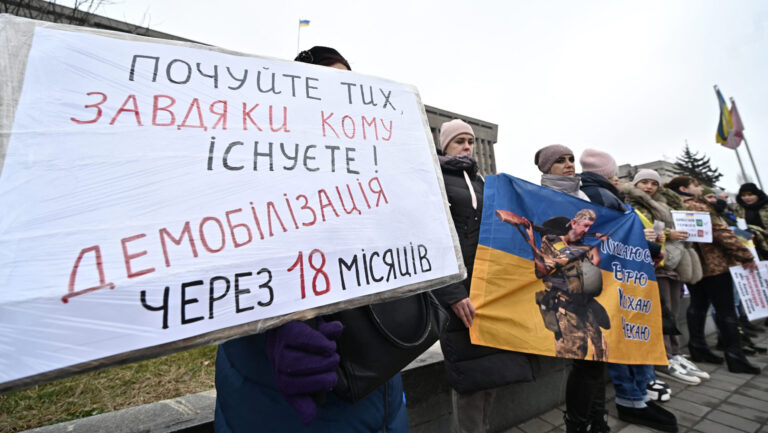In his first Christmas message since becoming king Charles III paid homage to his mother the late Queen Elizabeth II. While he did not mention the war in Ukraine, he provided a reflection on how the birth of Christ could bring peace to that part of the world:
‘My mother’s belief in the power of that light was an essential part of her faith in God, but also her faith in people and it is one which I share with my whole heart…. While Christmas is of course a Christian celebration, the power of light overcoming darkness is celebrated across the boundaries of faith and belief. So whatever faith you have, or whether you have none, it is in this life-giving light and with the true humility that lies in our service to others, that I believe we can find hope for the future.’
Unfortunately, the light of the star that guided the wise men to the place where the Prince of Peace was born (Matthew 2, 1-12), which Charles spoke about, is being rejected by the warring parties. Like Herod who believed that Jesus was the newborn King and refused Him, they too are not displaying any intention to be ‘men of good will’.
Days before Christmas, Ukrainian President Volodymyr Zelensky flew from the battered front lines of his country to the marble-lined rooms of the White House to meet with US President Joe Biden and then to Capitol Hill to address the members of Congress. During a joint-news conference with Biden, Zelensky said:
‘I don’t know what just peace is. It’s a very philosophical description. If there is a just war, I don’t know…There will be more parents who live for the sake of vengeance or revenge, and I know a lot of people by that.’
One would think that he would have highlighted the fact that Ukrainians desire peace, or at least justice, not revenge and vengeance.
Even if the Ukrainians were to win the war for the sake of the latter, they would not have peace, for revenge and vengeance are retaliation to a wrongdoing for the sake of gratification, whereas justice is based on the rules of fairness, ethics, equality, and law to restore balance. Indeed, when Zelensky delivered an emotional wartime appeal to a joint meeting of Congress telling Americans ‘your money is not charity’, his vocabulary appeared to be nothing other than a manipulative propaganda speech for total war:
‘It is just a matter of time when they will strike against your other allies if we do not stop them now. We must do it.’
How to End the War
US President Joe Biden is essentially ceding to what Zelensky wants by providing Ukraine with more weapons, including the Patriot missile defence system. The arms race will not end the war, it will only prolong it.
If the President wanted to help end the war, he could unleash American energy, in addition to ending the oil embargo, which is crippling Europeans. If this were to be done, the US, according to some experts, would produce 300,000 more barrels of oil per day based on pre-Biden production patterns. In addition, the Keystone XL pipeline alone would have safely and cheaply transported 830,000 barrels per day. A higher production would equal lower prices for Americans and undercut Putin’s exports on the global market. This happened under President George W. Bush—when prices skyrocketed in 2008, the White House announced a renewed drive to drill for more oil on American soil. Months later, prices fell and by as much as 70 per cent.
Another way to achieve peace is to implement what former US National Security Adviser and Secretary of State Henry Kissinger restated, which is for both sides to concur to a ‘dividing line’ that returns to ‘the status quo ante,’ essentially asking Ukraine to cede its claim of the Crimean Peninsula in return for peace:
‘If the pre-war dividing line between Ukraine and Russia cannot be achieved by combat or by negotiation, recourse to the principle of self-determination could be explored. Internationally supervised referendums concerning self-determination could be applied to particularly divisive territories which have changed hands repeatedly over the centuries. The goal of a peace process would be twofold: to confirm the freedom of Ukraine and to define a new international structure, especially for Central and Eastern Europe. Eventually Russia should find a place in such an order.’
As a 21 December Hungarian Conservative commentary also pointed out, Ukrainian presidential aide Mykhailo Podolyak dismissed Kissinger’s proposal as an appeasement:
‘Mr. Kissinger still has not understood anything…neither the nature of this war, nor its impact on the world order.’
Nevertheless, while Russia may be losing logistically on the battlefield, Putin understands that there are weapons the US it will not send to Ukraine to battle the invading forces. This will allow his military to recoup and prevail on the battleground.
On Christmas Day, Putin indicated his intention to sit down with his Ukrainian counterparts
to end the war, though he continues shelling Ukraine. I personally think, and I hope to be proven wrong, that there needs to be a change of leadership in Moscow for the war to end. Putin is the aggressor and judging by the manner in which he has viciously suppressed freedom of speech and peaceful assembly in his own country, to say nothing of his ties with the Islamic Republic of Iran and Communist China, he only seeks his own narcissistic glory, not that of the Russian people as he claims.
There are certain conflicts that do not have a solution. In all truth, they can only be managed so that they do not get worse, such as the nuclear escalation by Kim Jong-un in North Korea. But the war in Ukraine is not one of them.
In his Christmas message to his fellow Ukrainians—many Ukrainians are switching to celebrating Christmas on 25 December, as in most of the Western world, rather than 6 January as in Russia—Zelensky, keeping in mind he is Jewish, said:
‘We have experienced a lot of bitter news and will deservedly receive good news. We will sing Christmas carols—cheerier than ever—louder than the sound of a generator…We will celebrate our holidays! As always. We will smile and be happy. As always.’
These are words worthy of a statesman. Yet he concluded with words that came off as if God was not to be counted upon:
‘The difference is one. We will not wait for a miracle. After all, we create it ourselves.’
However, peace will not come unless both sides, and for that matter, Joe Biden, make a serious effort to be ‘men of good will’. Perhaps then, as King Charles suggested, both sides could be at each other’s service, instead of trying to kill each other.








